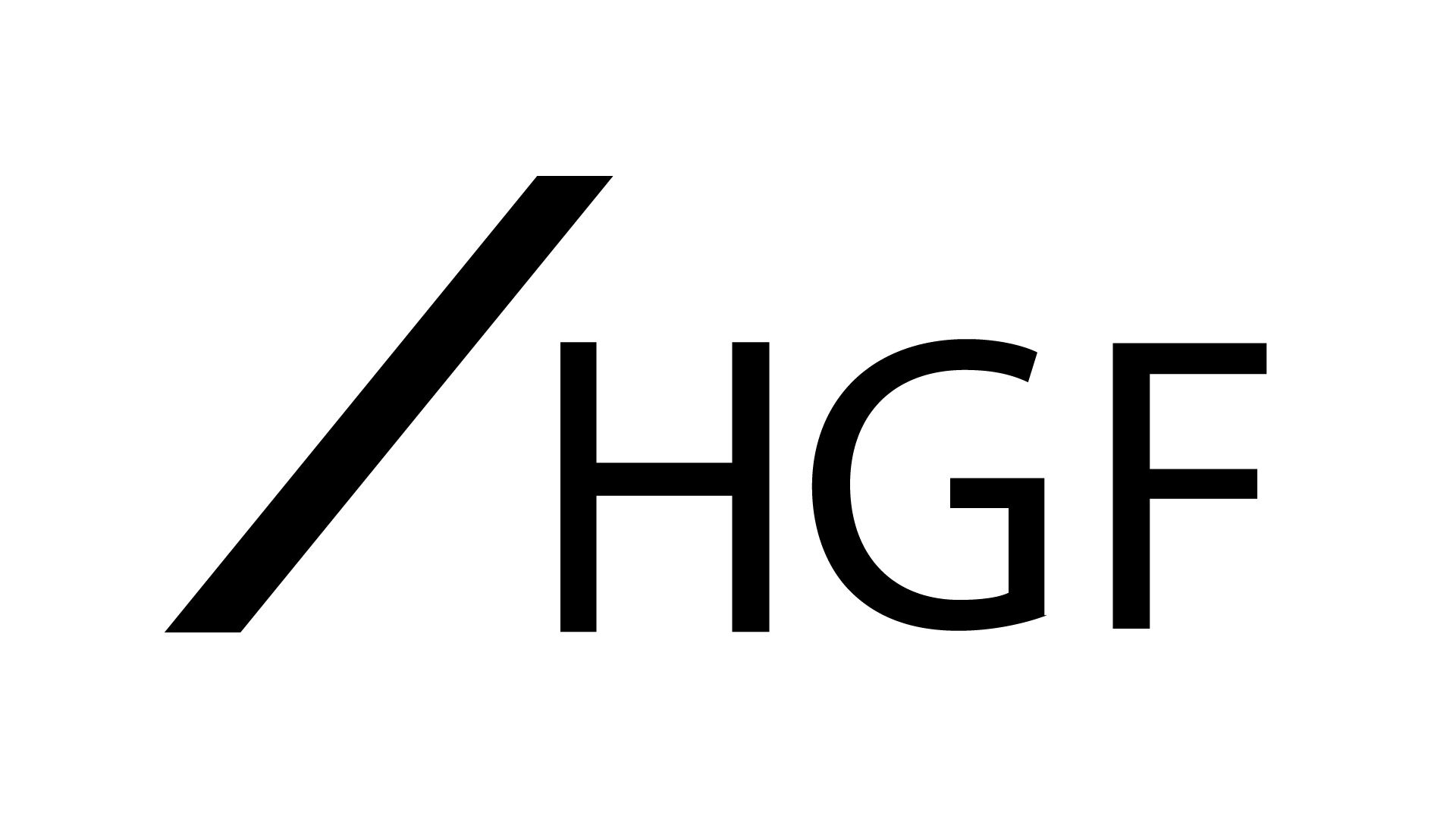News
Building the future: 3D concrete printing in modern construction
September 2024
Earlier this year, I shared my thoughts on the importance of innovation for the construction industry as it works to build a sustainable future (here).
One area in which there has already been a huge amount of innovation is the development of sustainable materials. We have seen an increase in the number of companies developing ways to use recycled and reclaimed materials and/or producing low-carbon and carbon-neutral alternatives to conventional materials.
Adaptavate, for example, has developed carbon-negative construction materials with a particular focus on circularity. One of Adaptavate’s products, Breathaboard, is a bio-based carbon-capturing alternative to plasterboard (which is one of the most widely used building materials worldwide). The flat board material is produced in a continuous and scalable process that includes binding fibrous and cellulosic waste with minerals and water. One of the environmental benefits of the process is that it does not require the burning of natural gas.
There has also been an uptick in the development of additive manufacturing methods for reducing the carbon footprint of the construction industry. Techniques like 3 dimensional (3D) printing with concrete and recycled materials help to reduce the amount of material used, as well as minimise waste in building and infrastructure projects. On-site 3D printing also holds the possibility of reducing transportation emissions, as well as labour costs. By adopting and integrating additive manufacturing methods, the construction industry can achieve significant advancements toward achieving the ambitious target of net-zero carbon emissions by 2050.
It is, therefore, no surprise that innovative businesses like ChangeMaker 3D are developing ways to integrate 3D concrete printing technology into construction projects in order to promote greener building practices and contributing to environmental conservation efforts.
Intellectual property rights (IPR) are essential for businesses developing such innovative solutions. These rights, including patents, registered designs, trademarks, copyright and trade secrets, provide legal protection for organisations developing novel materials, technologies and processes. By securing their IPR, organisations can safeguard their innovations from unauthorized use, fostering a competitive edge in the rapidly evolving clean technology sector.
Securing patents, for example, allows businesses such as ChangeMaker 3D to protect their investment in research and development (R&D) and facilitates technology transfer and collaboration. Patent protection can be secured for different aspects of technology, so long as the technology is new and inventive over previously known technologies. Patent protection may be secured, for example, for new materials, the equipment and methods used to manufacture and process the material, as well as products produced using the materials. ChangeMaker 3D has, for example, applied to the UK Intellectual Property Office for patent protection for a cementitious composition, as well as a structure made from the cementitious material.
Organisations can license their patented technologies to third parties, accelerating the dissemination and adoption of sustainable solutions globally. This not only aids in scaling up impactful, ecological, technologies but also generates revenue streams, supporting further R&D. Adaptavate has applied for patent protection in a number of countries around the world, and has licensed its technology to global manufacturers as part of its mission to “enable the manufacture of carbon-negative construction materials anywhere in the world”.
Trade marks and branding also play a vital role in market differentiation, helping consumers identify and choose sustainable products. This consumer recognition drives demand for green innovations, further encouraging businesses to develop and commercialize environmentally friendly solutions.
Robust IPR frameworks are vital for fostering innovation, ensuring economic viability, and driving the global transition towards a net-zero future. By fostering a culture that values innovation, collaboration, and responsible business practices, organisations in the construction industry can place themselves at the forefront of sustainable developments, driving positive change for the sector, as well as the planet.
If you have any questions or are looking for further advice regarding innovation in the construction industry and how to protect your competitive advantage, please contact Jennifer Unsworth at [email protected].
This article was prepared by Patent Director Jennifer Unsworth
































